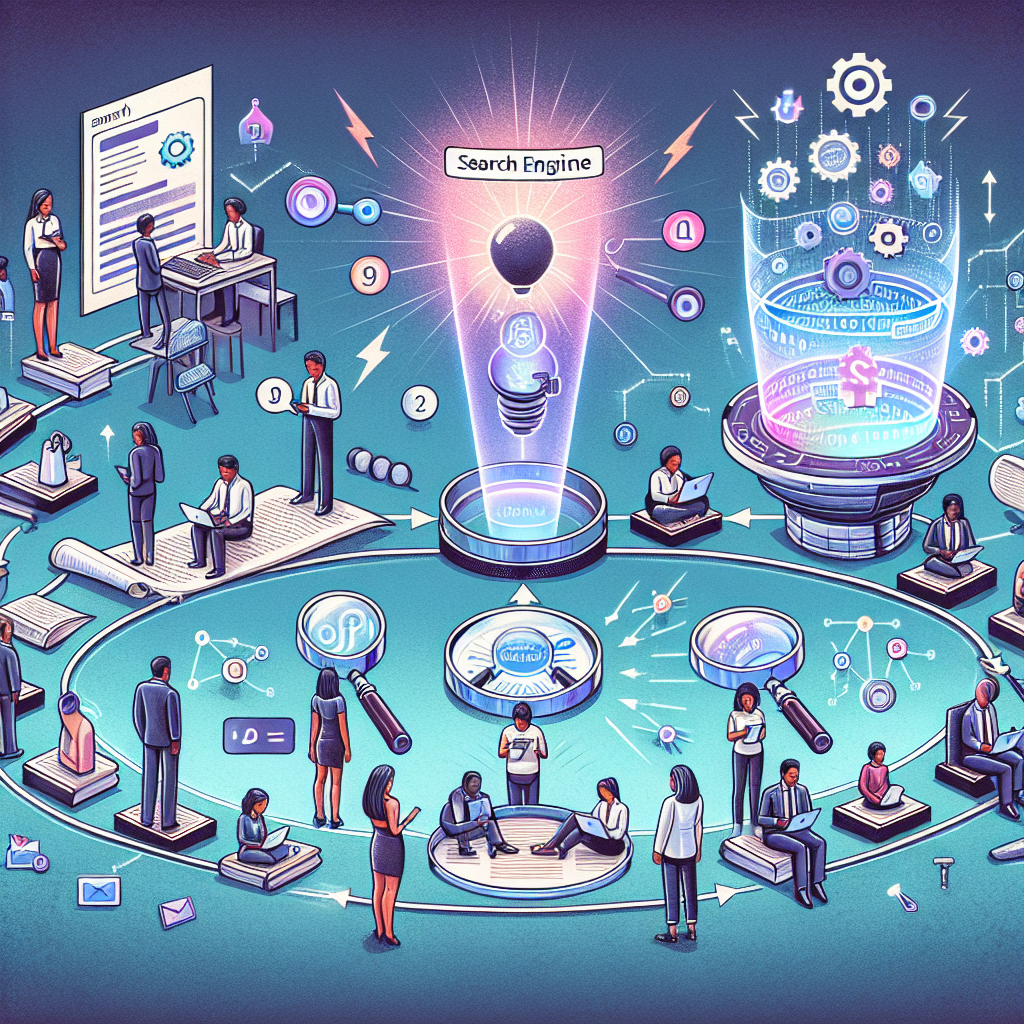Introduction
Search engines have become an integral part of our daily lives, seamlessly interwoven into how we access information and interact with the digital world. Their evolution from simple query processors to sophisticated AI-powered platforms mirrors the rapid technological advancements of the digital age.
The Early Days: Simple Text Queries
The Birth of Web Search
The concept of search engines dates back to the early 1990s with rudimentary tools like Archie, which helped navigate FTP sites by indexing file names. As the World Wide Web grew, the need for more sophisticated search tools became apparent.
The Rise of Yahoo! and AltaVista
Yahoo! Directory launched in 1994, providing a hierarchical structure of categorized sites, which was more a human-edited directory than a true search engine. AltaVista, launched in 1995, was among the first engines to allow natural language and advanced searches, marking a shift towards more automated indexing and retrieval processes.
The Google Revolution
PageRank and Algorithmic Innovation
In 1998, Google entered the scene with a revolutionary approach: the PageRank algorithm, which analyzed the number and quality of links to a page to determine its importance. This algorithm-based relevance ranking set a new standard for search accuracy and efficiency.
AdWords and Monetization
The introduction of AdWords in 2000 brought about the monetization of search engines. By allowing advertisers to bid on keywords, Google transformed search engines into powerful marketing tools, influencing the direction and resources allocated to search engine development.
The Integration of Personalized and Local Search
Personalization Trends
In the mid-2000s, search engines began to incorporate personalization features, utilizing user data such as search history and location to tailor results. This shift aimed to increase relevance by understanding user intent and context.
The Growth of Local Search
As mobile technology proliferated, the importance of local search grew. Google My Business and similar services allowed users to access localized information easily, which significantly impacted how small businesses reached consumers.
The Rise of Voice Search and Virtual Assistants
Introduction of Voice Search
Voice search emerged as a major trend with the advent of smartphones and virtual assistants like Apple’s Siri (launched in 2011) and Google Assistant. This technology allowed users to perform searches using natural language, further lowering barriers to accessing information.
The Impact of Mobile
The mobile revolution played a critical role in the popularity of voice search. With mobile devices becoming the primary means of accessing the internet, search engines optimized for voice and mobile searches to offer faster and more relevant results.
AI and Machine Learning: The New Frontier
AI-Powered Enhancements
With AI and machine learning advancements, search engines have become more intuitive and capable of understanding complex user queries. Google’s introduction of the Hummingbird algorithm in 2013 and the integration of RankBrain in 2015 underscored the shift towards semantic search, focusing on the meaning behind queries.
BERT and Natural Language Processing
Released in 2019, Google’s BERT (Bidirectional Encoder Representations from Transformers) model enabled better understanding of context and subtleties in language, allowing search engines to handle conversations-style queries with higher accuracy.
The Future of Search: Beyond Text and Keywords
Visual and Multimodal Search
The future of search is likely to feature more sophisticated multimodal capabilities, integrating visual, voice, and text search seamlessly. Tools like Google Lens have already demonstrated the potential of recognizing real-world objects and providing relevant information or services.
Ethical and Privacy Considerations
As AI continues to transform search capabilities, ethical considerations regarding data privacy and algorithmic bias have come to the fore. Ensuring user trust while leveraging data for personalization will be a crucial challenge for future developments.
Conclusion
The journey of search engines from simple query-based systems to AI-powered insights reflects an unyielding drive toward enhancing user experience. As technology continues to evolve, the search engines of the future promise to be even more integrated, intuitive, and indispensable in our daily lives, pushing the boundaries of how we connect with information.

